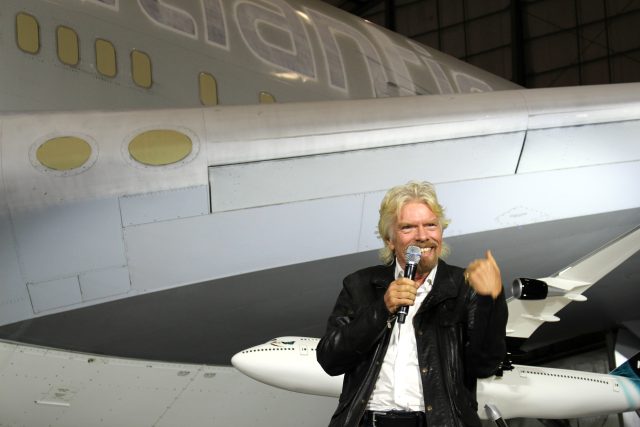
It's now official—the launch company Virgin Orbit is being sold for parts. In a new filing as part of the bankruptcy process, Rocket Lab purchased the company's main production facility in Long Beach, California, to support its Neutron rocket. Stratolaunch bought Virgin Orbit’s Boeing 747 aircraft and related equipment. And Launcher acquired the company's lease on a test site in Mojave.
That's it. After six years, Virgin Orbit is done, and its LauncherOne will fly no more. The purpose of this article is not to criticize the company's technology or employees. In truth, the engineering teams did a magnificent job of getting a liquid-fueled rocket to drop from a 747 aircraft, ignite its engine, and reach space.
No, the problem was Virgin Orbit's management, including Chief Executive Officer Dan Hart and its founder, Sir Richard Branson. Due to their leadership, the company had a terrible, unsupportable business plan and compounded those issues by hiring an unsustainable workforce of 700 people.
Origins
Virgin Orbit originated more than a decade ago as an offshoot of Virgin Galactic, which was using an aircraft as a first stage to launch a suborbital space plane for tourists. In its early years, the company hired several engineers from SpaceX to begin designing a rocket that could be dropped from an aircraft.
This business ran fairly lean until Virgin Orbit was separated from its parent company in 2017, and Branson hired Hart, who had spent decades as a system engineer at Boeing’s Space division as its president. Hart instituted a more cautious approach and began staffing up the company. A planned first launch in 2018 was delayed by more than two years.
When LauncherOne finally took flight for the first time in May 2020, the company had spent a staggering amount of money, nearly $1 billion, developing the rocket and air-launch system. It was clear at the time that Virgin Orbit was never going to make that money back by charging $12 million to $15 million to launch a few hundred kilograms per mission.
It also seemed fairly obvious that, with the large workforce Hart hired, Virgin Orbit was not going to break even. The company's human resources bill alone was likely about $150 million per year, and that did not include facilities, leases, equipment, and hardware costs. Assuming a profit of $10 million per launch—an exceedingly generous figure—Virgin Orbit would have to launch something like 30 times a year to break even.
There clearly was no market for this, and even reaching such a cadence would have required several years. Rocket Lab, which has a proven, similarly sized vehicle in Electron, is only seeing a demand for about a dozen flights per year to dedicated orbits. SpaceX, with its Transporter rideshare missions, was also eating into Virgin Orbit's market. The business case simply did not close.
reader comments
120